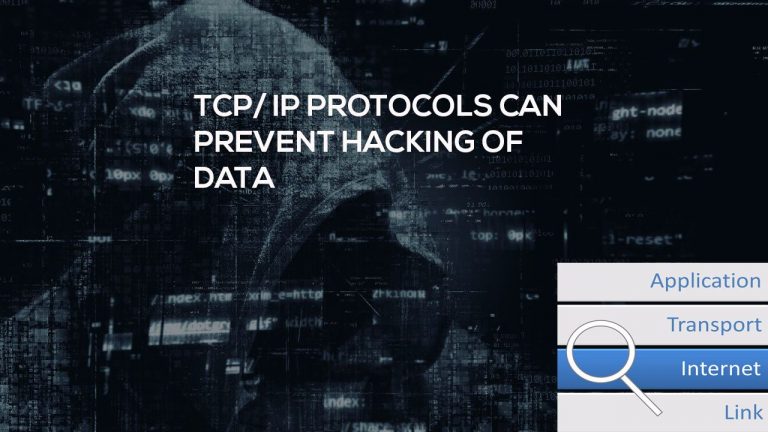You might be aware of the recent Ransomware attacks, where the complete data of few nations were on a stake. These attacks have got a new name “Cyberterrorism”. Nowadays, nothing is safe on the Internet; the hackers are playing with the entire data of the nation. So, the hackers have targeted the hospitals, individuals, and corporations.
Now, you know about the present scenario of the Internet data. What If I tell that there is the solution from decades to avoid these types of scenarios. If we start using this, then we can get rid of ransomware attack, DDOS attacks, and nation state cyber attacks.
At present, the Internet governance is sitting in the room and might be discussing the next generation internet plan. So, if they keep all your gadgets data online, then potentially the internet regime can destroy your entire world through online activities.
If your entire data can be operated online, then it will be a huge cost to the nation if it’s hacked. The internet which is existing right now was never designed to cope with the billions of users – from an existing technology named as TCP/IP.
TCP/IP will send your data in packets from point A to point B from the safe and viable route. If the data is transmitted from the static path, then there are chances that the data can be destroyed. So, TCP/IP doesn’t bother about who you are, what you are sending and to whom you are sending.
In 1970, the TCP/IP method was useful, because you can map the entire Internet data on the single sheet of the paper. But, in recent world, the data is huge and cannot be mapped on the paper which is causing this wreaking havoc. Robert Kahn, co-founder of TCP/IP says that what if you assign the unique and traceable identifier to each gadget?
Rather, dealing with the packets of data, assign the unique number to the bits of the transmitted data. This handle system is already in use by the academic journals where they call this form of a handle a digital object identifier (DOI).
For example, if you assign the unique identifier to the individual lab results, then the heart doctor will be able to see only test results which are related to the heart. He will not be able to see the lab results of other parts of the body.
Robert McDowell, a former commissioner for the US Federal Communications Commission, raised a concern about the unique identifier process. He says that if the devices and documents are regulated, then the individual who is handling these patches will become the “super identifier” which will cause a serious threat to the individual.
So, the gatekeeper will only decide, that whom to let into the data they are trying to trace. And, the gatekeeper can deny the permission to the government bodies also.
This situation is a cold war between the supporters and people who are against of TCP/IP, that whether to use the unique identifier patches or to come up with new technology, which in future help them to avoid such scenarios.

